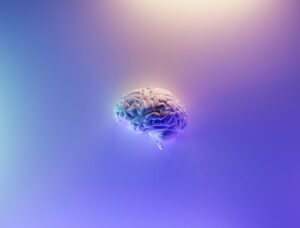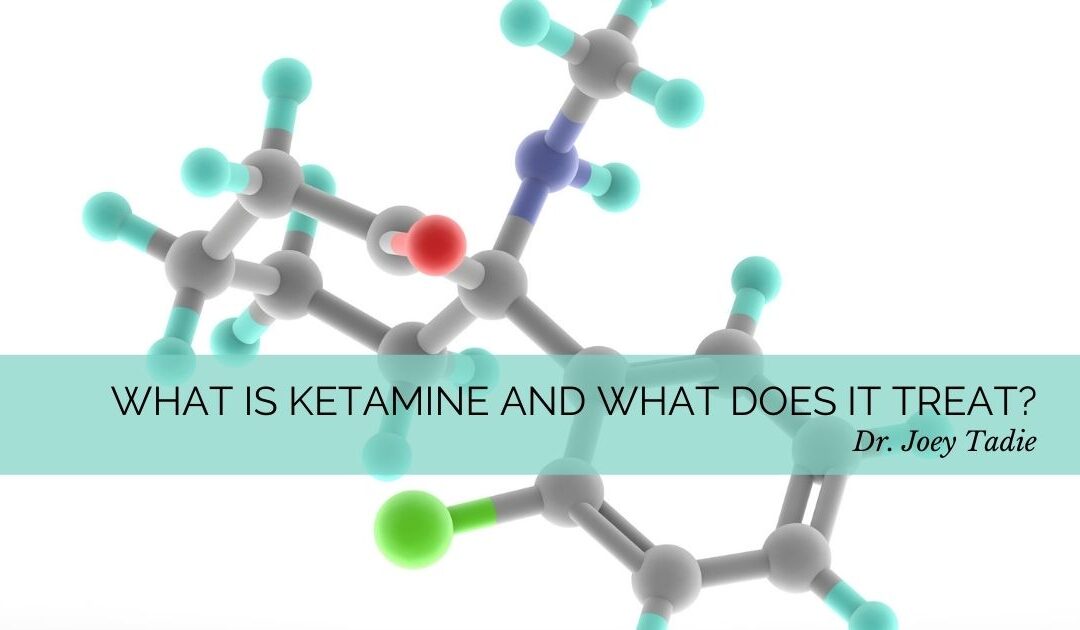What do psychedelics have to do with mental health?
 In recent years, there has been a tremendous amount of media buzz about the potential benefits psychedelic medicines might have for improving mental health treatment outcomes. There is compelling research over the last several decades that show psychedelics are remarkably effective at treating certain mental health conditions such as treatment-resistant depression (depression that has not responded to other treatments), anxiety, Post-Traumatic Stress Disorder (PTSD), and suicidality. Clinical use of psychedelics can create positive, sustainable mental health outcomes for clients who have found that therapy or conventional psychotropic medications did not bring the desired relief.
In recent years, there has been a tremendous amount of media buzz about the potential benefits psychedelic medicines might have for improving mental health treatment outcomes. There is compelling research over the last several decades that show psychedelics are remarkably effective at treating certain mental health conditions such as treatment-resistant depression (depression that has not responded to other treatments), anxiety, Post-Traumatic Stress Disorder (PTSD), and suicidality. Clinical use of psychedelics can create positive, sustainable mental health outcomes for clients who have found that therapy or conventional psychotropic medications did not bring the desired relief.
Are there any psychedelics currently available as mental health treatment options?
Several psychedelic medicines such as MDMA (Ecstasy) and psilocybin (Magic Mushrooms) are currently under research. Still, they are not yet approved for use by the Food and Drug Administration (FDA). One medicine that has been FDA approved is Ketamine, and this is now being used as an off-label treatment for mood disorders. Ketamine has a particular reputation of bringing about significant improvements in clients with intractable depression and suicidal thinking. Moreover, these positive effects can last months or longer between Ketamine treatments. Even clients who are not suffering from debilitating depression can still experience several positive benefits from Ketamine when used in appropriate clinical settings. All psychedelics, including Ketamine, appear to work most effectively when coupled with adequate preparation and integration therapy sessions. Clients both prepare for and reflect on their experience with the medicine.
What is Ketamine, and what benefits might a client experience after undergoing treatment?
Ketamine was initially used as an anesthetic around the 1960s. Although not originally intended as a mental health treatment, Ketamine was found to have significant antidepressant properties in studies conducted in the early 2000s. Subsequent studies confirmed that depressed clients who received multiple series of Ketamine injections saw meaningful mental health gains and preserved their gains for long periods in between treatments. This was notably true for clients with treatment-resistant mood conditions. These clients were able to make improvements that had previously been unrealized with existing therapies. There are various treatment models that incorporate Ketamine. Some models call for injections alone, though such models might not be as effective or long-lasting as models that include therapeutic guidance and support.
 Clients have all sorts of experiences while under the effects of Ketamine depending on several factors such as dose, physical setting, and the intention going into the session. At lower doses, clients experience a general openness and ability to make connections in their thinking. When given at higher controlled doses, Ketamine can induce a psychedelic experience which can take several forms. Ketamine is known as a dissociative anesthetic, which means that clients can feel disconnected from their bodies. Clients can also experience expanded consciousness, spiritual connection, transpersonal, or mystical experiences. Such experiences can be quite significant, and this is one reason why having and using therapeutic support can be a crucial part of successful Ketamine treatment. A therapist can help clients better understand and integrate the experiences or insights they have during and following the experience. The effects clients feel after a Ketamine treatment can include reduced depression or anxiety, more openness, a more profound sense of connection with others, more positivity, and less visceral distress related to life stressors. These effects last for weeks to months or longer but might require multiple Ketamine treatments or periodic maintenance doses to sustain long-term.
Clients have all sorts of experiences while under the effects of Ketamine depending on several factors such as dose, physical setting, and the intention going into the session. At lower doses, clients experience a general openness and ability to make connections in their thinking. When given at higher controlled doses, Ketamine can induce a psychedelic experience which can take several forms. Ketamine is known as a dissociative anesthetic, which means that clients can feel disconnected from their bodies. Clients can also experience expanded consciousness, spiritual connection, transpersonal, or mystical experiences. Such experiences can be quite significant, and this is one reason why having and using therapeutic support can be a crucial part of successful Ketamine treatment. A therapist can help clients better understand and integrate the experiences or insights they have during and following the experience. The effects clients feel after a Ketamine treatment can include reduced depression or anxiety, more openness, a more profound sense of connection with others, more positivity, and less visceral distress related to life stressors. These effects last for weeks to months or longer but might require multiple Ketamine treatments or periodic maintenance doses to sustain long-term.
What are the general models for how Ketamine is used in mental health treatment?
Ketamine can be administered in different ways and with different goals or intentions. There are lozenges and nasal spray versions of Ketamine, but it is more commonly administered through IV or intramuscular injection. One way to access Ketamine is through specific Ketamine clinics usually designed to administer Ketamine in a more medicalized setting. Clients receive doses of Ketamine during sessions that last one and a half to two hours. There is often not a clinician present with clients consistently during the session, though clients are medically monitored. Therapy is not necessarily a component of this model, and clients might simply receive injections alone without any guidance or integration of their experience. This model can treat mental health conditions for some clients, but for many others, it limits the growth and staying power that a client can feel with the treatment.
 Ketamine Assisted Psychotherapy (KAP) is one model of integrating Ketamine and therapy. This model broadly involves a client attending several preparatory therapy sessions to discuss the intention and goals for the Ketamine sessions. This is followed by a number of Ketamine sessions where their therapist is present with the client throughout the experience. In addition, the client gets to meet for multiple integration therapy sessions in the days and weeks afterward to more deeply understand and internalize the benefits gained. Ketamine can be offered in smaller and larger doses during therapy sessions, and each type of dosing can have its unique advantages to the therapeutic process. It is important to note that Ketamine itself is not a “magic cure” and is often just one part of the overall recovery process. There are often multiple factors that promote healing, and therapeutic support is critical. Some clients might still need some amount of conventional medication alongside Ketamine treatments. However, there could still be important benefits that Ketamine treatments offer that wouldn’t be possible with traditional medicine or therapy alone.
Ketamine Assisted Psychotherapy (KAP) is one model of integrating Ketamine and therapy. This model broadly involves a client attending several preparatory therapy sessions to discuss the intention and goals for the Ketamine sessions. This is followed by a number of Ketamine sessions where their therapist is present with the client throughout the experience. In addition, the client gets to meet for multiple integration therapy sessions in the days and weeks afterward to more deeply understand and internalize the benefits gained. Ketamine can be offered in smaller and larger doses during therapy sessions, and each type of dosing can have its unique advantages to the therapeutic process. It is important to note that Ketamine itself is not a “magic cure” and is often just one part of the overall recovery process. There are often multiple factors that promote healing, and therapeutic support is critical. Some clients might still need some amount of conventional medication alongside Ketamine treatments. However, there could still be important benefits that Ketamine treatments offer that wouldn’t be possible with traditional medicine or therapy alone.
Is Ketamine safe?
Ketamine should only be used under medical supervision, as with any prescription or controlled medication. Ketamine is a safe treatment option if clients are medically cleared, adequately monitored, and follow basic before and aftercare instructions. Ketamine can create a non-ordinary state of consciousness, and similar to other types of anesthesia, clients cannot drive themselves after a Ketamine session. It is best to make transportation arrangements beforehand to ensure clients get to and from sessions safely. Some temporary side effects from Ketamine sessions include nausea, dizziness, increased heart rate, and increased blood pressure. Most of these side effects can be managed in-office and are not serious for clients who have been thoroughly screened. Ketamine is not suitable for everyone, and it is essential to always seek medical consultation to determine if this treatment is an appropriate fit for you.
Photo credits:
Photo by Damir Omerović on Unsplash
Photo by Milad Fakurian on Unsplash




